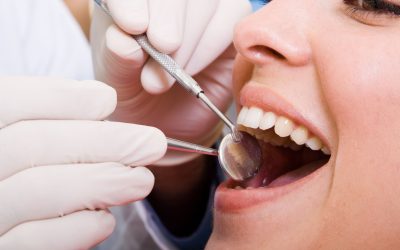Dental implants are the ideal substitute for a natural tooth that has been lost as a result of accident, decay or gum disease. Dental implants are successful almost 95 percent of the time, which of course means that five percent fail; dental implants – what determines success and failure?
Any patient that is considering a dental implant should be made aware of the risks and fully understand why and how they can fail. When implants are placed correctly they are very reliable and safe as well as being very attractive.
The technology:
Dental implants have been around for over half a century, in that time, like everything else, the technology has come a long way. The procedure is so well accepted now because of the numerous benefits as well as the success rate.
What is it that causes failure? Perhaps it is easier to think of a bone fracture rather than a dental implant; the two are actually quite alike. Not every bone fracture heals perfectly, not every dental implant is successful. In the case of an implant, the bone in close proximity to the site must be healthy for fusing of the implant and the bone to take place.
Other reasons for failure:
Although poor bone osseointegration is the main cause of implant failure, they can also fail if the patient has poorly controlled diabetes, they are taking certain prescription drugs and even smoking can lead to early failure. If the dentist is aware of these problems it is possible that a unique treatment plan can be designed for after-treatment care. A well designed treatment plan will include the needs of the patient, his or her specific medical issues as well as medications.
Implant failure, as unusual as it is, can happen during the stage where the implant and bone are fusing. An implant that is subjected to excessive loading can fail at any time. For further information on why dental implants are successful in the greatest majority of cases visit napter.com.au.

